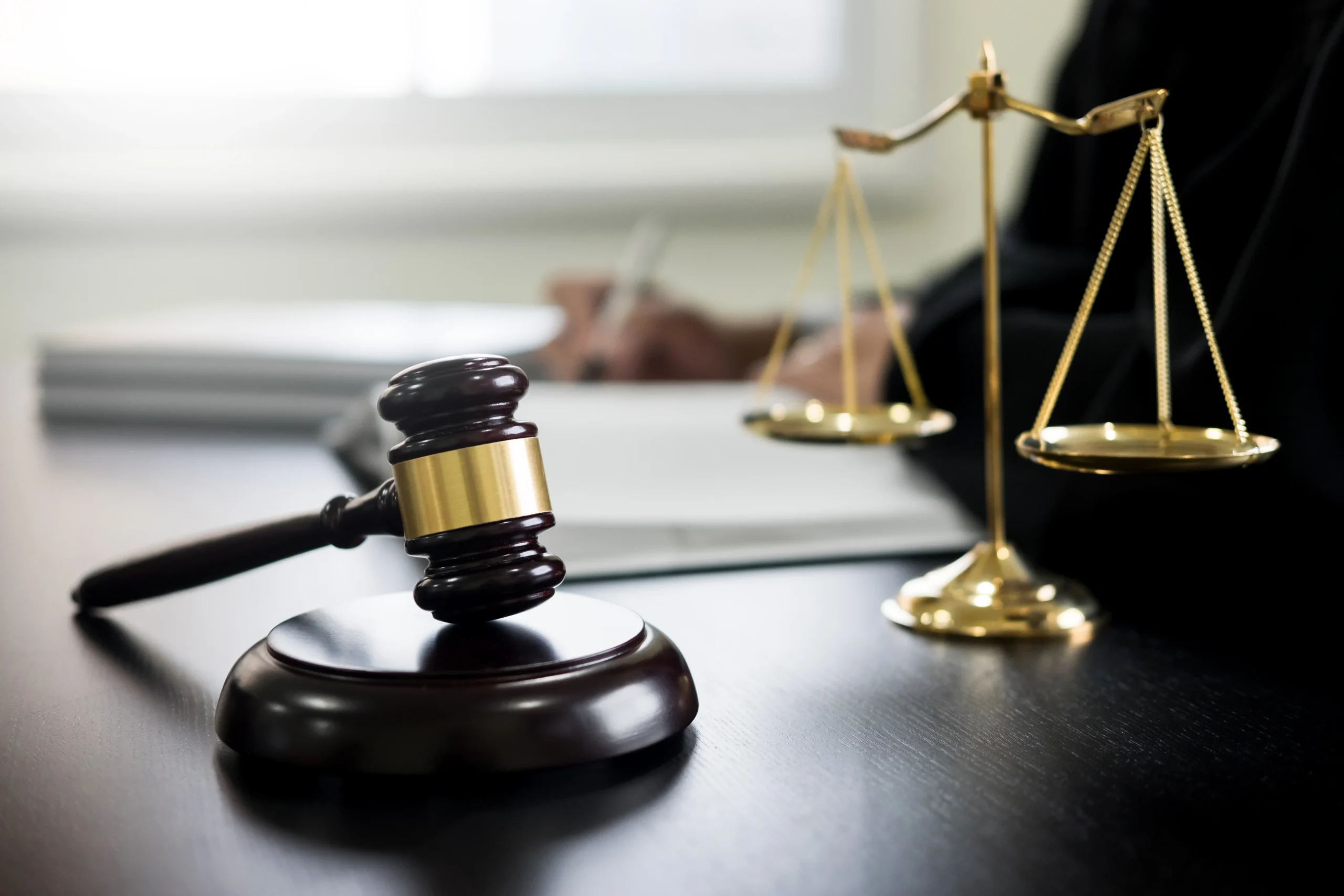Buying or selling property is a major financial decision, and in the UAE’s thriving real estate market, it can be both exciting and overwhelming. Whether you are a first-time homebuyer, an investor in commercial real estate, or purchasing an off-plan property, one thing is certain: the contracts you sign can make or break the transaction.
Property contracts are legally binding documents that outline the rights and responsibilities of each party involved. They cover critical details such as payment schedules, property specifications, obligations of the seller and buyer, and timelines for completion or handover. Even minor mistakes or oversights in these contracts can lead to disputes, financial loss, or delays. This is where the role of a lawyer becomes invaluable.
Why Property Contracts Matter
A property contract is far more than just a formality. It is the legal foundation of your transaction. Contracts protect both the buyer and the seller by clearly defining expectations and creating a roadmap for the transaction. They also serve as evidence in case of disputes, making accuracy and clarity absolutely crucial.
For buyers, contracts ensure that what was promised—whether a fully finished villa or a specific unit in an off-plan project—is delivered as agreed. For sellers, contracts safeguard their rights, including payment schedules, retention clauses, and the ability to enforce their conditions if buyers fail to meet obligations. Without proper legal oversight, even experienced investors can fall victim to misunderstandings or loopholes that can become costly legal battles.
Drafting Property Contracts: The Lawyer’s Role
Drafting a property contract is a detailed and specialized task. Lawyers play a central role in ensuring that all critical elements are properly included and legally enforceable.
First, lawyers help define the terms and conditions of the agreement. This includes clarifying property details, payment schedules, completion timelines, and penalties for delays. Every aspect must be precise; ambiguity can lead to disputes later. For instance, specifying the exact square footage, unit number, and property boundaries helps prevent confusion during handover.
Second, lawyers ensure that the contract complies with UAE property laws. In Dubai, for example, the Real Estate Regulatory Agency (RERA) has specific requirements for off-plan contracts and property transactions. Lawyers make sure that the agreement aligns with these regulations and protects the client from non-compliance penalties.
Third, lawyers often draft contingency clauses to address unexpected situations. These may include project delays, changes in ownership, force majeure events, or mortgage issues. Including these clauses helps both parties manage risks and reduces the likelihood of disputes.
Finally, lawyers are skilled at negotiating contract terms. A buyer may want flexible payment terms, while a seller may require guarantees for timely payment. Lawyers facilitate these negotiations, ensuring that agreements are fair and balanced while protecting the client’s interests.
Reviewing Property Contracts: Avoiding Hidden Risks
Even when a contract has already been drafted by a developer or real estate agent, reviewing it is critical. Lawyers examine contracts meticulously to identify potential pitfalls.
Common risks in property contracts include unclear clauses regarding maintenance responsibilities, vague specifications of the property, incomplete descriptions of common areas, or unfair penalty clauses. A lawyer reviews these sections and advises clients on necessary amendments.
Additionally, lawyers verify that all legal requirements are met. This includes checking registration with the appropriate land department, confirming that payment terms follow escrow account regulations (particularly for off-plan projects), and ensuring that all parties have the legal authority to enter into the contract.
By reviewing a contract before signing, lawyers help clients avoid disputes that can arise months or even years later. They also provide guidance on the implications of each clause, empowering clients to make informed decisions rather than blindly accepting terms that could be unfavorable.
Protecting Buyers and Sellers
The role of lawyers extends beyond drafting and reviewing. They act as advocates, ensuring that their clients’ rights are protected throughout the transaction.
For buyers, lawyers confirm that the property is free from hidden liabilities, mortgages, or legal encumbrances. They check title deeds, verify the developer’s credibility, and ensure that funds are secured through official channels like escrow accounts. They also advise on the proper procedures for registration with the relevant land department to secure ownership legally.
For sellers, lawyers safeguard payment terms and include clauses that protect against delays, cancellations, or default by the buyer. They also ensure compliance with all local regulations and help facilitate a smooth transfer of ownership. By anticipating potential conflicts, lawyers minimize risks and provide peace of mind to both parties.
Lawyers and Off-Plan Property Contracts
Off-plan property transactions in the UAE are particularly complex. Developers often use standard contracts, but these may not cover all potential risks for buyers. Delays in completion, changes in specifications, and disputes over refunds are common challenges in off-plan projects.
Lawyers play a critical role in protecting buyers in these scenarios. They ensure that the contract specifies timelines, quality standards, and remedies for delays. They also confirm that developers are registered with the relevant authorities and that payments are made through escrow accounts as mandated by UAE law.
For sellers or developers, lawyers ensure that payment milestones are clearly defined, that buyers’ obligations are enforceable, and that the project complies with all regulatory requirements. This reduces the risk of disputes and enhances the credibility of the development.
Dispute Prevention and Resolution
A well-drafted property contract does more than just outline obligations; it can actively prevent disputes. Lawyers incorporate dispute resolution clauses, specifying whether conflicts will be resolved through negotiation, mediation, arbitration, or litigation.
This foresight is particularly important in the UAE, where property laws are strictly enforced, and disputes can become complex if multiple parties or jurisdictions are involved. By addressing potential conflicts upfront, lawyers reduce the likelihood of costly court cases and provide a roadmap for resolving disagreements efficiently.
Common Mistakes to Avoid Without Legal Advice
Many property buyers and sellers underestimate the importance of legal assistance. Common mistakes include signing contracts without reading the fine print, relying solely on verbal assurances, or ignoring regulatory requirements.
Skipping legal review can lead to issues such as unclear property specifications, hidden fees, penalties for delayed payments, or disputes over shared facilities. In worst-case scenarios, buyers might face lawsuits, or sellers might struggle to enforce payment terms. Lawyers prevent these outcomes by ensuring contracts are comprehensive, compliant, and aligned with the client’s interests.
How to Choose the Right Lawyer
Not all lawyers are equipped to handle real estate contracts effectively. It’s important to select a lawyer with expertise in property law and a strong understanding of local regulations. Experience with off-plan projects, familiarity with escrow accounts, and a track record of successful contract negotiation are essential qualities.
Clients should also look for lawyers who communicate clearly, explain legal jargon in plain language, and provide proactive advice. A lawyer who is thorough and attentive can save clients significant time, money, and stress throughout the property transaction process.
Conclusion
Property contracts are the backbone of real estate transactions, and their importance cannot be overstated. Whether you are buying, selling, or investing, a single oversight can lead to disputes, financial loss, or lengthy legal battles.
Lawyers play a crucial role in drafting, reviewing, and negotiating property contracts, ensuring that every clause is clear, enforceable, and in compliance with UAE law. They protect the rights of both buyers and sellers, anticipate potential risks, and provide guidance for dispute prevention and resolution.
In today’s competitive and fast-moving UAE real estate market, having a knowledgeable lawyer by your side is not just a precaution—it is an essential investment in your peace of mind. By relying on professional legal support, you can navigate the complexities of property transactions confidently, knowing that your interests are protected and your investment is secure.






